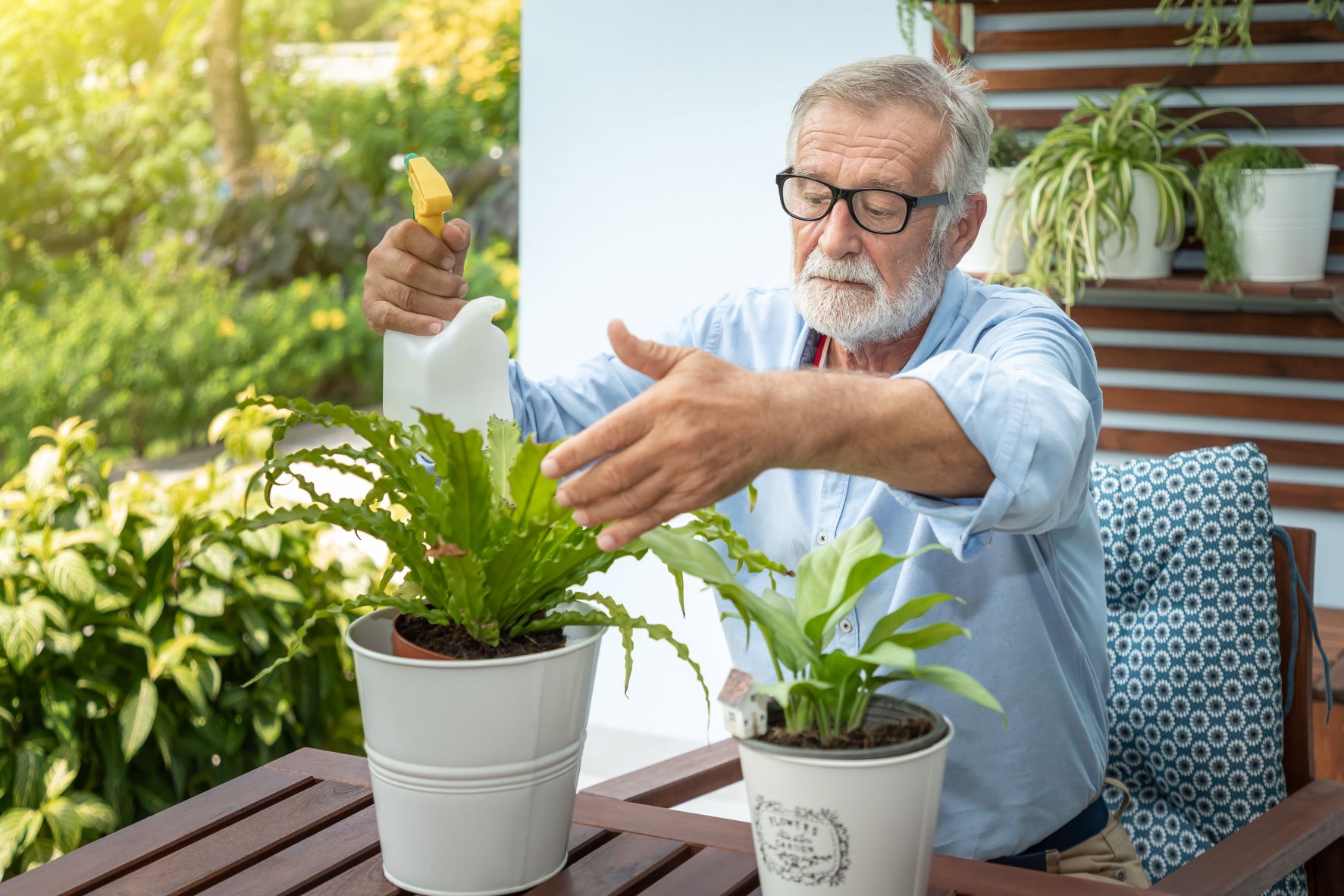
As we grow, our bodies and minds go through many changes. One way to support healthy aging is by incorporating plants into our environment. Incorporating plants into the environment of aging adults can be done in various ways. Adding potted plants or flowers to indoor spaces, such as living rooms or bedrooms, can provide a visual and sensory experience that can boost mood and improve cognitive function. Additionally, outdoor gardens or green spaces can provide a space for physical activity and relaxation and a source of fresh produce for healthy eating.
Plant exposure provides many benefits for aging adults, including reducing the risk of cognitive decline, improving mood, and promoting physical activity.
Reduced cognitive decline
Firstly, plants can help reduce the risk of cognitive decline. Studies have shown that exposure to plants and nature can improve cognitive function and memory in aging adults. This is due to the calming effect of plants on the brain, which can reduce stress and improve focus. Additionally, gardening or tending to plants can provide a mentally stimulating activity that challenges the mind and keeps it active.
Improved mental health
Secondly, plants can improve mood and mental health in aging adults. Being surrounded by greenery has been shown to reduce depression and anxiety and improve overall well-being. This is likely due to plants’ calming effect on the mind and the ability of plants to promote feelings of relaxation and tranquility. Additionally, caring for plants can provide a sense of purpose and accomplishment, boosting self-esteem and improving overall mental health.
More physical activity
Thirdly, plants can promote physical activity in aging adults. Gardening and tending to plants provide a low-impact form of exercise that can improve strength, flexibility, and overall physical health. Additionally, being outside in nature can encourage movement and physical activity, which is crucial for maintaining mobility and minimizing the risk of falls and other injuries in aging adults. Aging adults can buy plants that are easier to maintain to ensure they still enjoy their freedom while gardening.
Better air quality
Moreover, plants can improve indoor air quality, particularly for aging adults who may spend more time indoors. Plants absorb harmful pollutants from the air and release oxygen, which can improve respiratory health and reduce the risk of lung-related illnesses. This can be particularly beneficial for aging adults who may be more susceptible to respiratory issues.
Reduced risk of chronic diseases
Exposure to plants has been linked to a reduced risk of chronic diseases. This is likely due to plant-based foods’ anti-inflammatory and antioxidant properties and the stress-reducing effects of exposure to nature.
The bottom line
Exposure to plants can provide a wide range of benefits for aging adults. From reducing the risk of cognitive decline to improving mood and promoting physical activity, plants can be a valuable addition to the environment of aging adults. Incorporating plants into daily life can be done in a variety of ways and can provide a source of beauty, purpose, and health for years to come.




